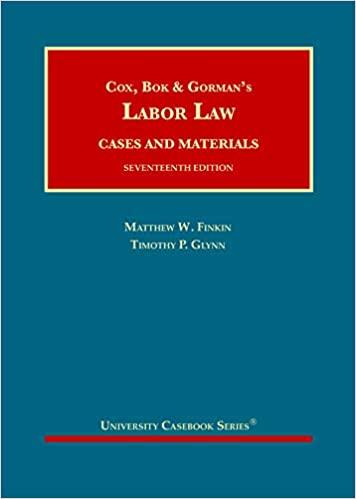Question
Case 5 Officer E's case was heard before the Corrections Policy Committee (CPC) based on a misdemeanor conviction. Six years prior to entering public safety,
Case 5 Officer E's case was heard before the Corrections Policy Committee (CPC) based on a misdemeanor conviction. Six years prior to entering public safety, Officer E was convicted of Animal Abuse in the Second Degree. In this case Officer E shot and killed his neighbor's dog after it came into contact with his dog. Officer E called the police and reported what he had done, was forthright with the police, pled guilty to the crime, paid restitution to the dog's owner and was truthful and forthright with his future hiring agency about the incident. The CPC considered the discretionary disqualifying crime and the established moral fitness standards for officers. The CPC determined that mitigating factors included Officer E's age at the time of the conviction, the passage of time with no other criminal activity, and most importantly, the honest and forthright manner in which Officer E handled his prior conduct. The Board affirmed the CPC recommendation and this case was closed administratively.
Can you help explain what role ethical egoism and virtue ethics played in the actions of Officer E both during the event in question and during the investigation? Analyze the personal choices Officer E made and how these choices reflected his values and ethics.
Step by Step Solution
There are 3 Steps involved in it
Step: 1

Get Instant Access to Expert-Tailored Solutions
See step-by-step solutions with expert insights and AI powered tools for academic success
Step: 2

Step: 3

Ace Your Homework with AI
Get the answers you need in no time with our AI-driven, step-by-step assistance
Get Started


